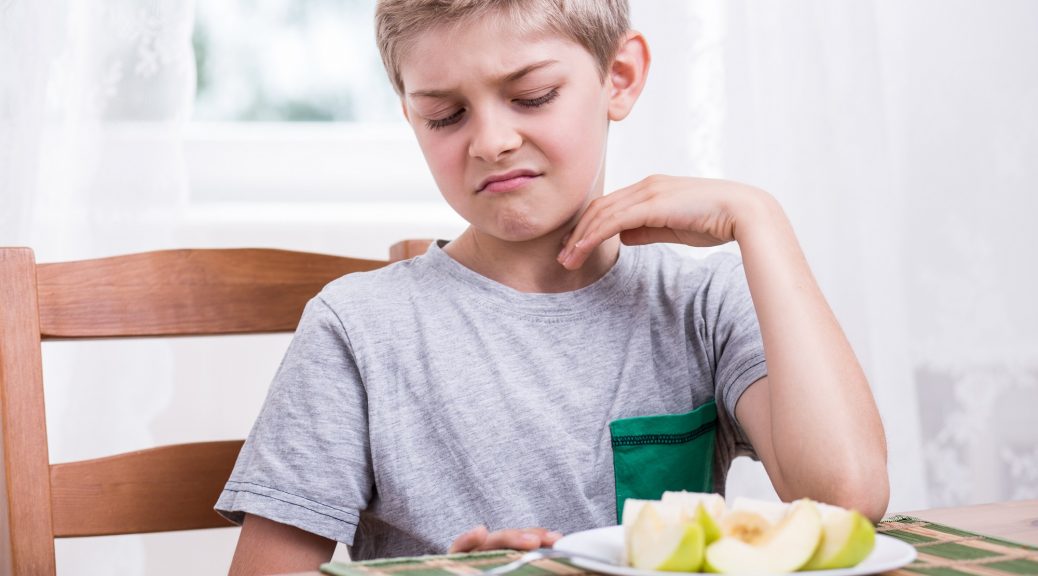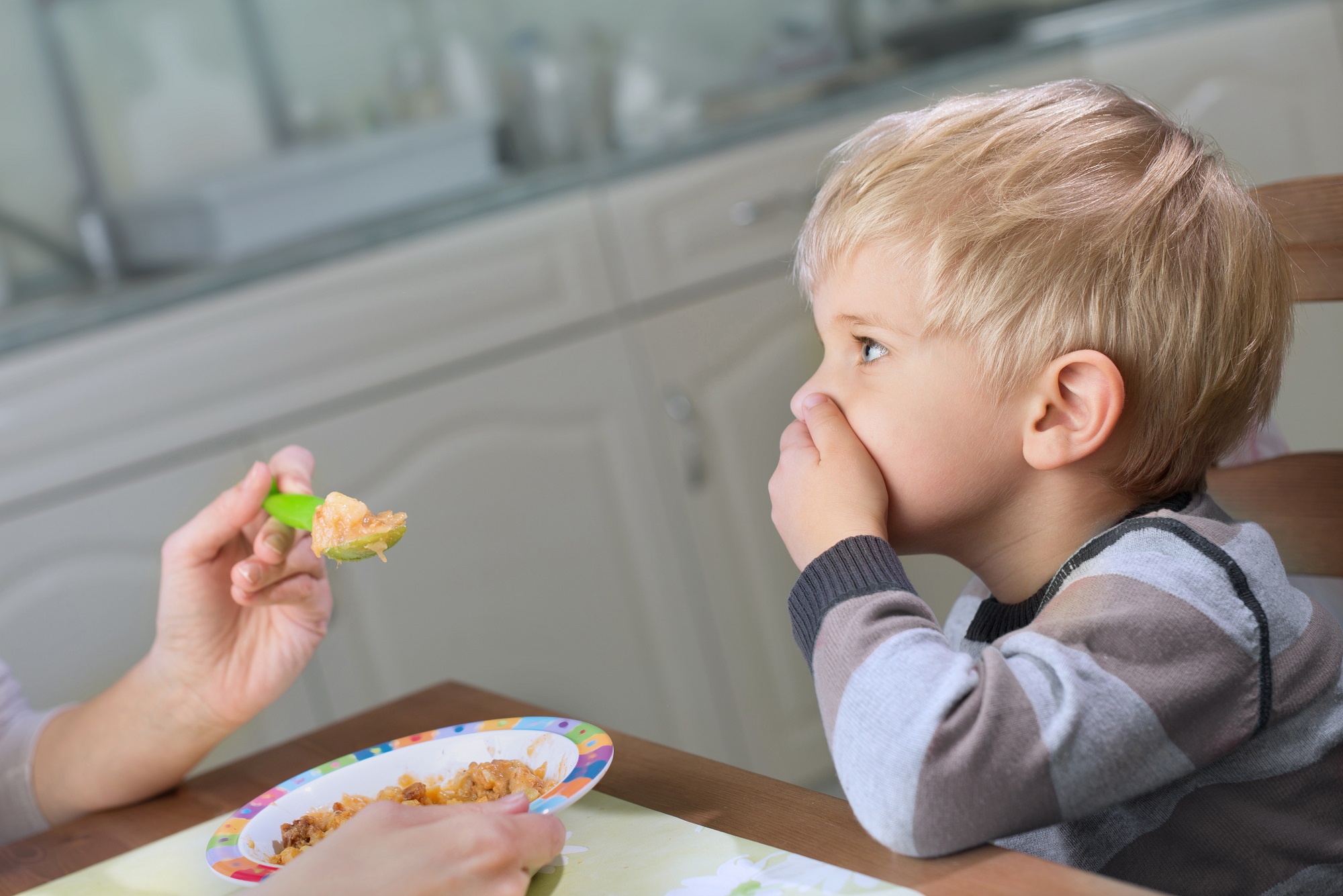
How to Support the Reluctant Eater
By nutritional therapist Katharine Tate, an expert in family health and nutrition
Many children experience a level of reluctance around certain foods at some point in their development. The transition to solid foods is not always straightforward and new colours, textures and tastes can challenge familiarity. This uncertainty can also provide an opportunity for toddlers and children to assert a level of independence. This can often be accompanied by inconsistencies around what children will eat and where, so by understanding more about why a child may be a reluctant eater, and having strategies to improve mealtimes, parents and child carers can be much better equipped to support this transition.
Reluctant eating can be based around both an uneasiness to try new and unfamiliar foods and rejection of foods that have previously been accepted and eaten. The reason behind these is a basic fear response, which is a normal stage of a child’s development. This typically peaks around 2-3 years of age, but for some the behaviour can become deep rooted.
This initial fear around food, known as neophobia, is believed to be an evolutionary-rooted response. It served as a protective mechanism to ensure as hunters and gatherers we didn’t eat something poisonous which would make us sick. Our ancestors developed their diet around safe colours, smells and textures and as some foods, specifically vegetables, have a naturally bitter taste, acceptance of these foods was challenged. This natural uncertainty is evident in modern children as they develop and expand their food palette.
By understanding that this reluctance is based around a fear of the unfamiliar, it can be better understood as an expression of an innate trait all humans share. A basic approach to reducing this level of fear is to make the unfamiliar feel a lot more familiar. Research has shown that repeatedly offering a child a new food increases their readiness to touch, taste, eat and eventually like the food. Persistence is certainly key with this stage of development.
If this reluctance is not addressed, children can grow up with a hugely restrictive diet that can reduce their exposure to essential nutrients. Use the top tips below as strategies to implement in your setting and share with parents who are also struggling at home.
Top tips to support the reluctant eater:
- Relax. Remain positive and don’t expect or pressurise a child to eat as this can lead to further problems. If a child will try a small amount praise and accept that as progress.
- Exposure. To reduce the fear response you will need to plan at least 15-20 exposures before a child will willingly eat a particular food and you may need to track progress from happy to have on their plate, to touching, tasting and eating and acknowledge small steps.
- Playtime. Look for other opportunities to increase exposure. Within childcare settings you can also read stories about foods, sing songs, visit a supermarket to look at the fruit and vegetables, plant some seeds and get children in the kitchen cutting and preparing their own food.
- Be Realistic. Consider portion size when encouraging children to eat new foods. 2-3 strawberries may be an ample portion size for a 2-3 year old.
- Health. Use stories, discussions and mealtimes as an opportunity to talk about food as our fuel to keep us growing to help children to begin to establish a link.
- Support. If your child continues to be reluctant and has developed a hugely restrictive diet then seeking additional support can sometimes be necessary. This can be accessed through your GP.
As with any developmental stage it’s important to develop an approach and remain consistent and if parents and childcare professionals communicate effectively a child’s fear response around food can be reduced and they can widen their food choices with minimal upheaval.
 About Katharine Tate
About Katharine Tate
The Food Teacher, Katharine Tate, has worked as a teacher and education consultant internationally in primary and secondary schools for over 20 years. Qualified as a registered nutritional therapist, Katharine, combines her unique education and nutrition expertise to offer schools, organisations and families advice, education programmes, practical workshops, and individual/family clinical consultations.
Katharine also presents The Food Teacher show on UK Health Radio where she discusses the importance of food for health and wellbeing. She has published two books: Heat-Free & Healthy and the award-winning No Kitchen Cookery for Primary Schools. Look out for The Food Teacher at food festivals and events throughout the country during 2017.
For more information, visit her Facebook page, follow her on Twitter or email her at info@thefoodteacher.co.uk. You can also visit her website to find out more and subscribe to her newsletter.